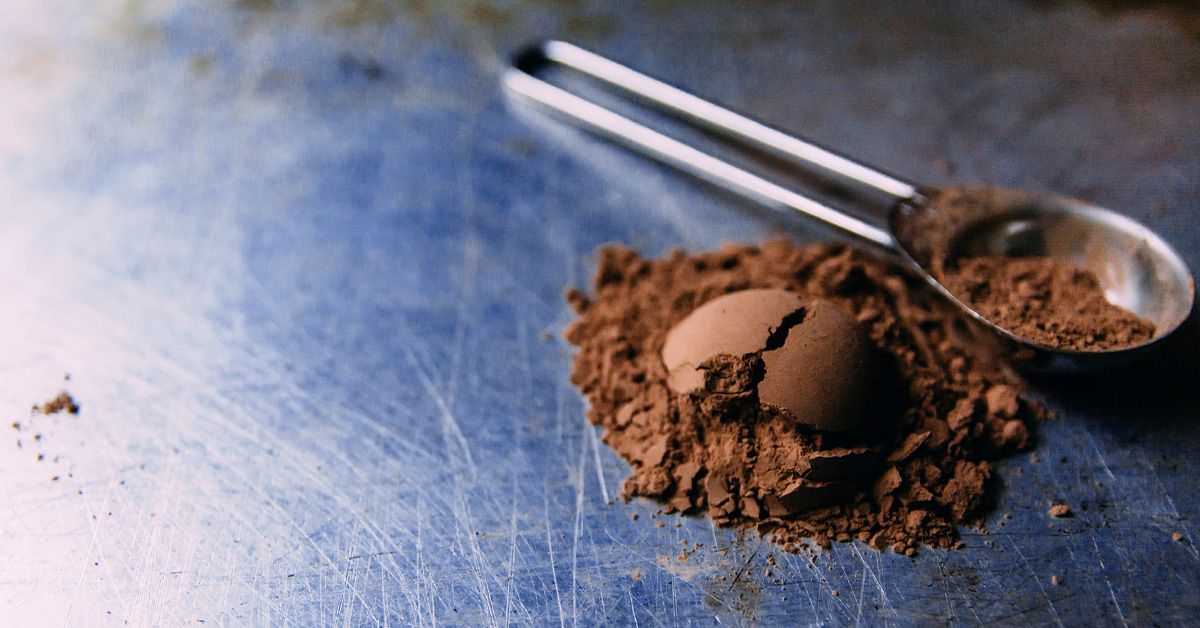Cocoa Extract: A Sweet Ally Against Inflammation?
As the sun rises over an old cocoa plantation in Veracruz, Mexico, workers gather ripe cacao pods, their hands stained a rich mahogany from the fruit’s inner pulp. For centuries, cocoa has been celebrated for its deep, complex flavors and its role in culinary delights. But recent research suggests this humble bean might offer more than just a tasty treat; it could be a potent weapon against one of modern society’s most insidious health threats—inflammation.
The Inflammation Connection
Chronic inflammation, a condition often dubbed “inflammaging,” is increasingly recognized as a precursor to a host of debilitating ailments, including heart disease, diabetes, and neurodegenerative disorders. Traditionally viewed through a narrow lens of age-related decline, inflammation is now seen as a systemic issue exacerbated by lifestyle choices, diet, and environmental factors.
According to data from the Centers for Disease Control and Prevention, by the year 2060, one in every four individuals will be over the age of 65—signaling an urgent need to address chronic health issues prevalent among older adults. A recent study published in Age and Ageing offers a glimpse into the potential of cocoa extract supplements to address this growing health crisis.
Research Insights
Led by Dr. Howard Sesso from Brigham and Women’s Hospital, the study examined the effects of daily cocoa extract supplements on inflammation markers in older adults. Participants aged 60 and above took 500 mg of cocoa extract daily over two years, allowing researchers to track changes in key inflammatory markers.
- C-reactive protein (hsCRP): Decreased by approximately 8% annually.
- Interferon-γ: Increased by nearly 7% per year, enhancing immune response.
- Interleukin-6 (IL-6): Slightly reduced in women, no significant change in men.
The findings indicate that cocoa extract significantly lowered levels of hsCRP, a well-recognized inflammatory marker associated with an increased risk of heart disease and stroke. “The decrease in hsCRP is particularly striking,” Sesso noted. “It could suggest that cocoa extract might help mitigate the risk factors associated with chronic diseases.”
Mechanisms at Work
Cocoa extract is rich in flavanols, natural compounds that are known for their antioxidant properties. It is this flavanol content that researchers believe may be responsible for its beneficial effects on inflammation. While previous studies have linked these compounds to improved cardiovascular health, the current research sheds new light on their potential to regulate inflammation over extended periods.
“Inflammation plays a critical role in aging and chronic diseases,” commented Dr. Raj Dasgupta, Chief Medical Advisor for Sleepopolis. “Any intervention that can lower inflammatory markers like hsCRP can be a game-changer, especially for older adults.”
Implications of the Findings
While the study’s results are promising, they prompt important considerations about the long-term safety of cocoa extract supplements. As Dr. Dasgupta cautioned, “The decrease in hsCRP isn’t a guarantee of protection. Lifestyle choices—diet, exercise, sleep, and smoke cessation—form the foundation of long-term health.”
Moreover, the participants were predominantly white, raising questions about the generalizability of the findings across diverse populations. “Cocoa might react differently depending on genetic and environmental backgrounds, so more research is needed,” Sesso explained.
A Cautious Cacao Culture
Amidst the excitement, scientists urge a balanced perspective. “Cocoa does contain compounds that can act a bit like stimulants, so people sensitive to caffeine or taking other medications should proceed cautiously,” Dr. Dasgupta advised. “It’s an additive strategy rather than a standalone solution.”
As older adults search for methods to maintain their health and vitality, the allure of cocoa supplements is strengthened not just by the promise of reduced inflammation but also by a growing body of research supporting their use. Experts advocate treating these supplements as part of a broader lifestyle approach, one that emphasizes a holistic understanding of health.
Future Directions
The insights gleaned from this study highlight the need for further research to establish a clearer picture of the potential benefits of cocoa extract. “We need longitudinal studies across diverse demographic groups,” Sesso noted, emphasizing a holistic view of inflammation beyond age.
As more findings emerge, cocoa could become not just a sweet indulgence but a vital ally in our ongoing battle against chronic inflammation and age-related diseases. The sweet taste of cocoa—a daily delight for many—might just be the key to unlocking a healthier, longer life.
Source: www.medicalnewstoday.com


